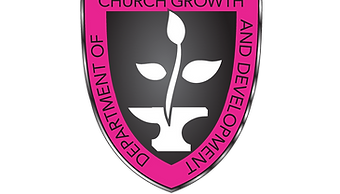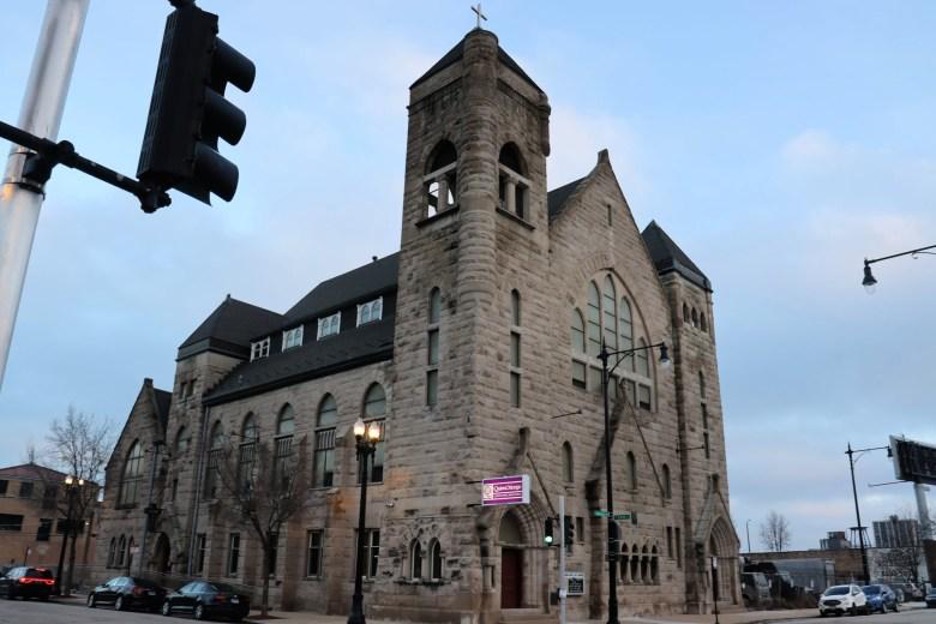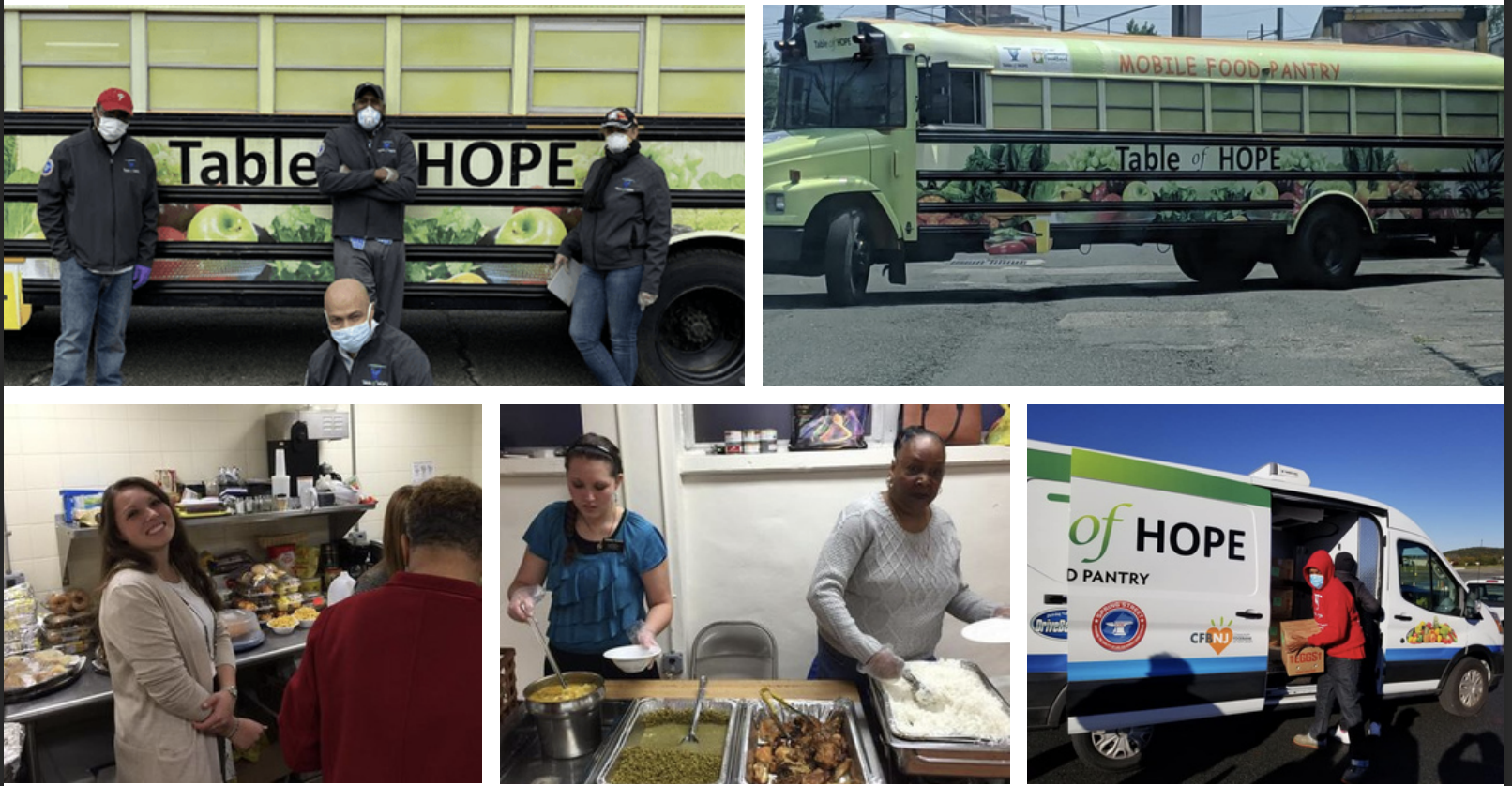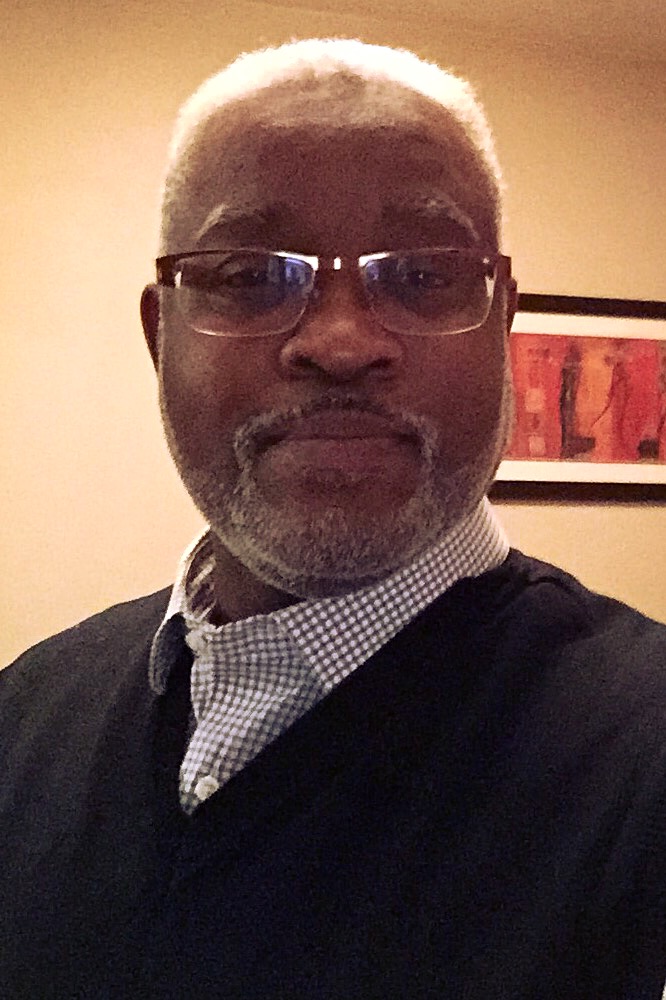We Are Healers
By Rev. Vernon R. Byrd, Jr., JD, 1stEpiscopal District
There are a great many sick people in the church. We are a body of angry, anxious, abused, and depressed people. Sick folk sing on the choir, teach Church School, usher on Sunday morning, evangelize, serve in the food pantry, and preach the Word. Indeed, all of us are wounded in one way or another.
Here is the mind-blowing good news: God brings us together in fellowship and communion and gives us the power to be healers of one another. That power comes through loving one another as Jesus loves us: forgiving seventy times seven and turning the other cheek when smitten on one cheek. If you are compelled to go one mile, go two. All of these add up to a call to be gracious to one another especially when it is difficult. Ephesians 4:2-3 puts it this way, “with all humility and gentleness, with patience, bearing with one another in love, making every effort to maintain the unity of the Spirit in the bond of peace.
Is this difficult to do when all of us have limited patience and some think of gentleness and humility as weakness? Yes. However, if we do not even try to live out the radical love of Jesus then the angry get angrier and the depressed get even more depressed. Without love, sin just keeps replicating sin. The church becomes more toxic than tonic. Who wants to be a part of a church where you get just as hurt there as you do in the world?
An example of our collective healing power is found in the second chapter of Mark. It contains a story about four men who carried their paralyzed brother to Jesus. The house where Jesus was preaching was so crowded that they could not get in through the door. So they agreed upon an approach that was both creative and disruptive. They decided to break a hole in the roof and lower their brother down to Jesus. Mark 2:5 says, “When Jesus saw their faith, he said to the paralytic, ‘Son, your sins are forgiven.’”
Before the man was lowered down to Jesus, the church had compassion on him. While everybody else was getting blessed, church members refused to leave him out there by himself. Their collective compassion leaned in his direction.
Not only was this church compassionate, but it was also coordinated. They had to be on one accord about the route they would take and the pace they would go. If they had not been coordinated, the man would have gotten even more injured by good intentions without good planning.
Finally, the church was Christ-focused. They did not stop and do protocol. They were too focused on getting the man to Jesus to spend time on less important things. If we more deliberately embrace our identity as healers and operate in the radical love of Jesus, God will look down on our collective faith and heal each of us.
The Rev. Vernon R. Byrd, Jr. is the pastor of St. Matthew AME Church in Philadelphia and a member of the Judicial Council of the AME Church. He holds the Bachelor of Arts degree from Harvard University, the Juris Doctor degree from the University of Pennsylvania, and the Master of Divinity from Princeton Theological Seminary. A lawyer by profession, he served as senior legal counsel to the New York Timesand assistant general counsel at Johnson and Johnson Corporation. He is married to the Rev. Dr. Melinda Contreras-Byrd and has two daughters, Kamaria and Alexa.





